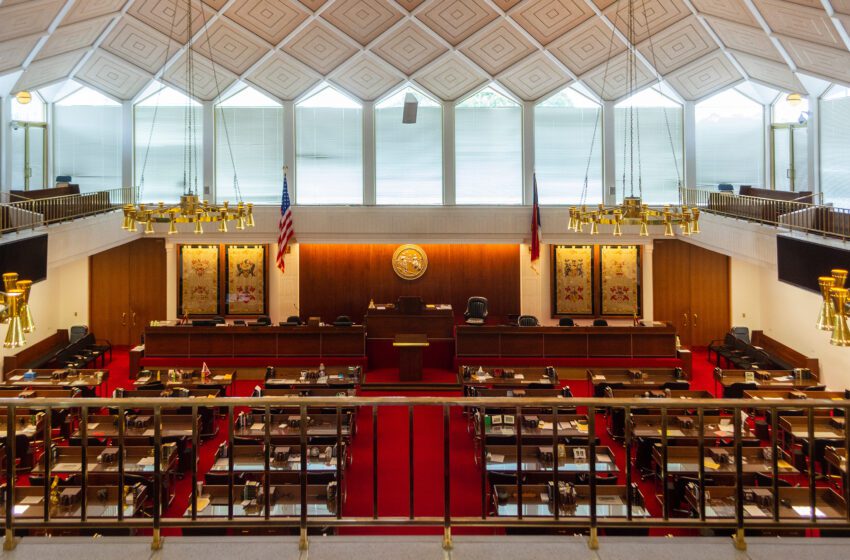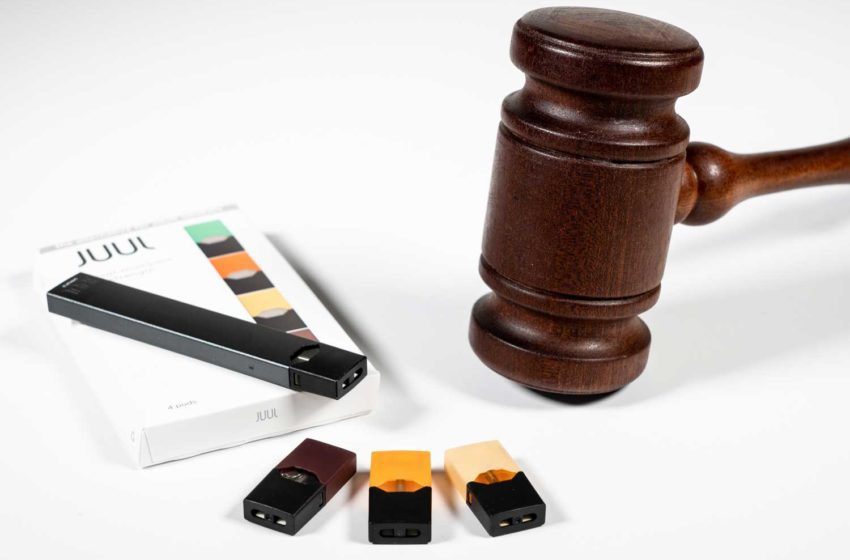An addition to an alcohol-related bill should expand the state's number of cigar bars.Read More
Tags :north carolina
The proposed rule was added to HB 900, which deals with Wake County leadership academies.Read More
The documents include information about Juul’s business practices.Read More
For the first time since 2012, the state's budget allocates funds to such programs.Read More
North Carolina will use the proceeds from its litigation to help prevent e-cigarette use. Read More
The company agrees to youth vaping-prevention measures but denies wrongdoing.Read More
North Carolina, USA, is catching up with a lot of other American states in collecting less tax revenue on cigarettes and other forms of tobacco. In the first nine months of fiscal 2013, which began in Read More






